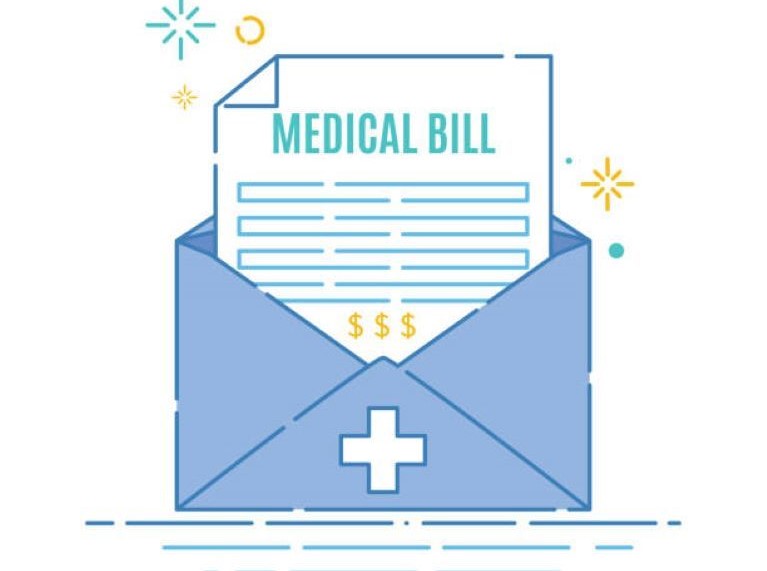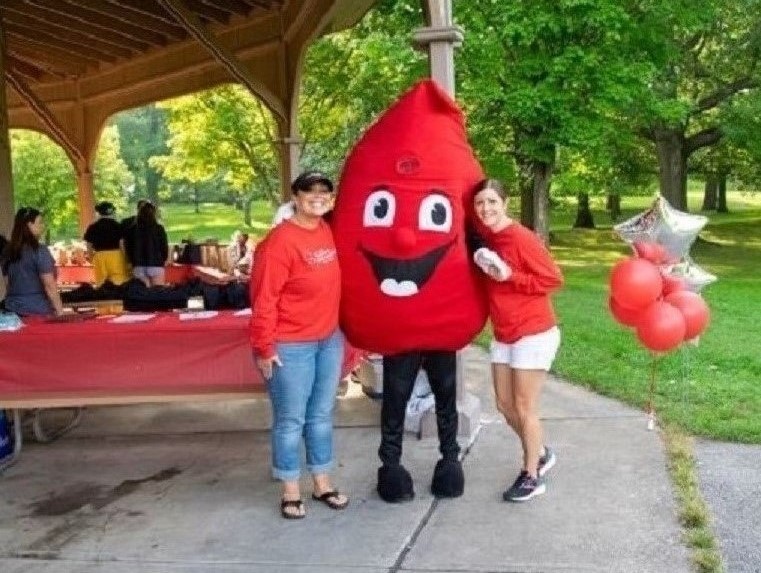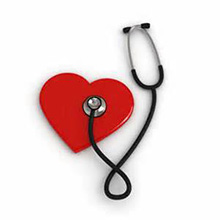 The treatment model in place at the Mary M. Gooley Hemophilia Center is an integrated, multidisciplinary approach to caring for people affected by bleeding disorders in a comprehensive manner. Traditionally called “Comprehensive Care” at Hemophilia Treatment Centers (HTCs) the model has been shown to be effective and efficient. Bleeding disorders can affect all areas of life, from daily interactions with family and friends to the career path one chooses and retirement lifestyles. Integrating the numerous medical providers, the nurses, therapists, counselors, social worker and pharmacist under a single provider umbrella in a single location streamlines and focuses care delivery for individual patients effectively and efficiently.
The treatment model in place at the Mary M. Gooley Hemophilia Center is an integrated, multidisciplinary approach to caring for people affected by bleeding disorders in a comprehensive manner. Traditionally called “Comprehensive Care” at Hemophilia Treatment Centers (HTCs) the model has been shown to be effective and efficient. Bleeding disorders can affect all areas of life, from daily interactions with family and friends to the career path one chooses and retirement lifestyles. Integrating the numerous medical providers, the nurses, therapists, counselors, social worker and pharmacist under a single provider umbrella in a single location streamlines and focuses care delivery for individual patients effectively and efficiently.
The Hemophilia Center spends a lot of time and energy educating and training people it serves. The patient is the most important member of the care team. Self-assessment and self-care by patients are essential pieces of the HTC operation. The Center provides high quality medical treatment and also works to empower patients with knowledge, skill and tools they need to live long, robust, healthy lives.
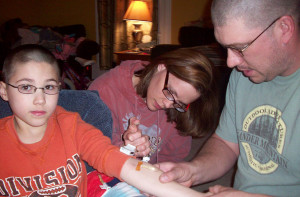 Comprehensive Care delivered at/by a Hemophilia Treatment Center (HTC) can be flexible, responsive to patients’ needs. It rests on a multi-disciplinary team approach, an array of specialists with expertise and experience in treating people affected by hemophilia and other bleeding disorders. The team’s mix evolves depending on patient needs.
Comprehensive Care delivered at/by a Hemophilia Treatment Center (HTC) can be flexible, responsive to patients’ needs. It rests on a multi-disciplinary team approach, an array of specialists with expertise and experience in treating people affected by hemophilia and other bleeding disorders. The team’s mix evolves depending on patient needs.
Comprehensive Care for Hemophilia is a proven model. This sensitive, patient-centered approach is effective and efficient in caring for people, not just disease. Data (Soucie, JM, Blood, 2000) attest to the dramatic effect comprehensive care delivered at HTCs has had for males with hemophilia (i.e., a 40% reduction in risk of death compared to males with hemophilia who had received treatment in other provider settings). Other data (Bryant-Wimp, J, 2009; MO HealthNet) document a 60% reduction in hospitalizations and 7-figure financial savings (HTC vs. non-HTC patients among Medicaid beneficiaries with hemophilia).
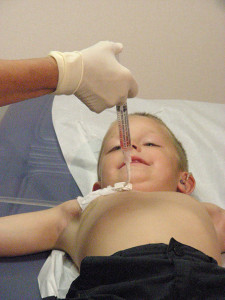 At the Mary M. Gooley Hemophilia Center, comprehensive care is provided by a multi-disciplinary team of professionals with expertise and experience in bleeding and blood-related disorders. Today, the team includes hematologists, HTC nurses, an HTC social worker, a pediatrician, orthopedic surgeons, gastroenterologists, dentists and dental hygienists, physical therapists, plus nutritional and genetic counseling. Year round, HTC staff and patients communicate proactively, focusing on adherence to the Care Plan, prevention, safety and wellness.
At the Mary M. Gooley Hemophilia Center, comprehensive care is provided by a multi-disciplinary team of professionals with expertise and experience in bleeding and blood-related disorders. Today, the team includes hematologists, HTC nurses, an HTC social worker, a pediatrician, orthopedic surgeons, gastroenterologists, dentists and dental hygienists, physical therapists, plus nutritional and genetic counseling. Year round, HTC staff and patients communicate proactively, focusing on adherence to the Care Plan, prevention, safety and wellness.
Comprehensive Care entails an emphasis on individualized care, including:
- Pharmacy integrated with around-the-clock clinical care which ensures timely, appropriate use of factor and avoids unnecessary needle sticks
- Prevention and overall healthy habits and lifestyle
- Early diagnosis and intervention to prevent complications
- Routine and emergency care by experienced, familiar providers 24hrs/day x 365 days/year
- Education, training and coaching in self-care and health management
- Training for in home infusion technique / sterile technique
- Psychosocial assessment, individual and family counseling and aid with health insurance issues
- Family screening (inheritance) and genetic counseling
- Coordination of surgery and any hospital stay from pre-admission through discharge
- Education of school nurses, daycare providers and other regular contacts
- Education of other medical professionals on management of bleeding disorders (including at Comp Clinic)
- Opportunities to participate in leading, applicable research studies
- A broad array of educational programs and socialization opportunities from parent groups and support groups to speakers about disease-specific topics and issues
- Weekly, concurrent case review by the core care-team including hematologists, nurses, social worker, pharmacist and support staff
- Periodic attendance at a comprehensive care clinic where in a single episode of care, patients see hematologists, HTC nurses and social worker, physical therapist, dentist and dental hygienist, nutritional counselor and as indicated a pharmacist, pediatrician, orthopedic surgeon, gastroenterologist, genetic counselor
This last item – Comprehensive Care Clinic – deserves more attention. At least everyone who uses clotting factor (all people with severe hemophilia plus some people with moderate hemophilia plus some people with other bleeding disorders) will attend “Comp Clinic” at least annually – and also may be seen apart from Comp Clinic, as needed. On the day of Comp Clinic (held 7 or 8 times annually) the entire provider team convenes in the morning to preview and discuss clinical cases of the people attending that day. Each Clinic patient will plan on a visit of a few hours – and will remain in a treatment room while the various providers rotate through. Each provider brings their own expertise, specialized and focused through the lens of the individual’s bleeding disorder. After all patients have been seen by all providers, the team reconvenes to review, share, debate and understand their findings and recommendations and to update each person’s Care Plan.

